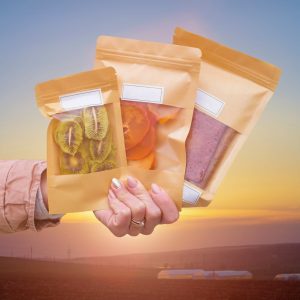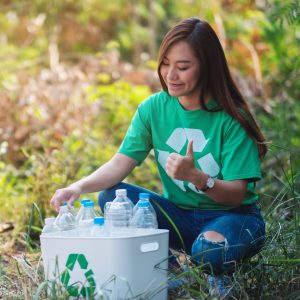
5 Ways Products should become more Environmentally Friendly
We can all do better. ‘Eco-friendly’ and ‘sustainable’ have both become climate change buzzwords in recent years, increasingly used by brands in campaigns to promote

We can all do better. ‘Eco-friendly’ and ‘sustainable’ have both become climate change buzzwords in recent years, increasingly used by brands in campaigns to promote

The UK is once again projected to miss its national recycling targets, according to updated data from DEFRA and WRAP. Municipal recycling rates have stagnated

Sustainability expectations are rising fast across the UK grocery sector, and food brands are under growing pressure to prove their environmental credentials. For manufacturers hoping

In 2025, the most powerful enforcers of environmental labelling are not just regulators but retailers. UK supermarkets, under pressure from consumers and their own sustainability

Supermarkets across the UK are setting the pace for sustainability in 2025, and packaging labels are at the centre of their strategy. As major retailers

As sustainable packaging becomes more than a trend, the spotlight is now turning to labels. Often overlooked, labels play a crucial role in recyclability, compostability,

The global plant-based packaging industry is experiencing rapid expansion, with growth expected to accelerate in the coming years. Valued at USD 110.48 million in 2022,

Label waste can quietly add up across your packaging line, driving up both environmental impact and operational costs. Fortunately, there are effective strategies to minimise

As sustainability continues to shape consumer choices and regulatory standards, business owners are increasingly under pressure to demonstrate their environmental credentials. One widely recognised way

In early 2023, the UK Government unveiled its Environmental Improvement Plan (EIP) 2023, a major strategic framework designed to tackle environmental degradation and promote long-term

The way UK organisations responsible for packaging must carry out their recycling responsibilities has changed. If you’re affected by extended producer responsibility (EPR) for packaging,